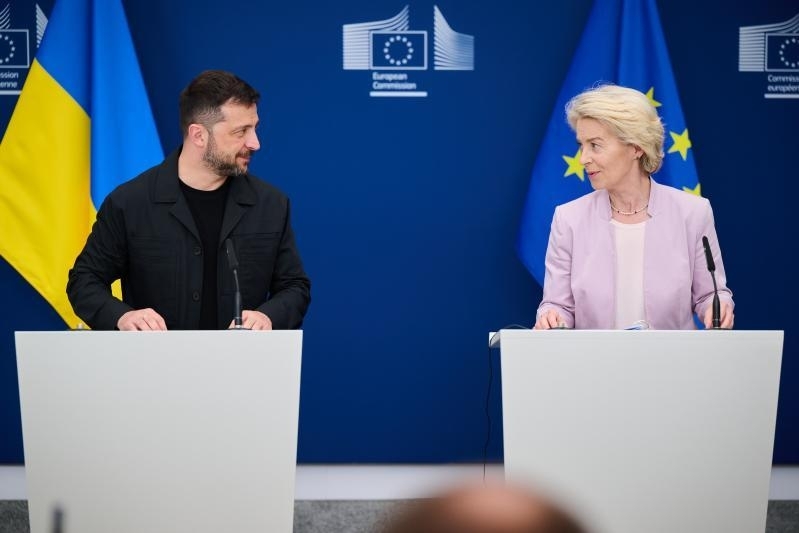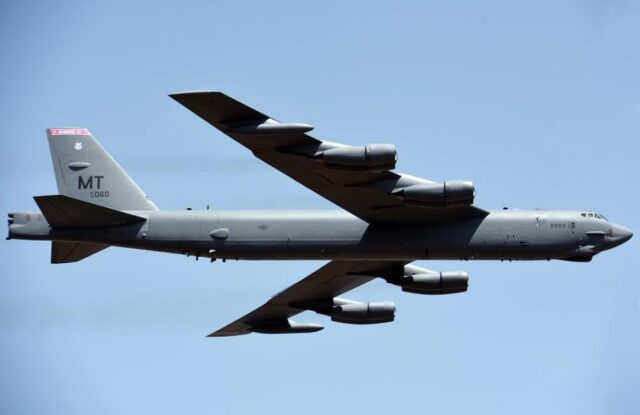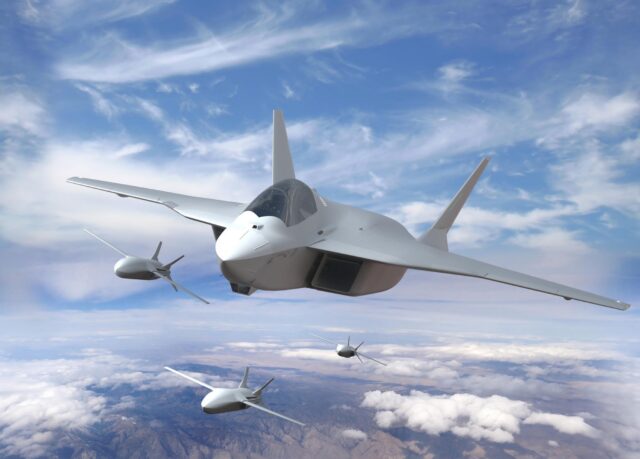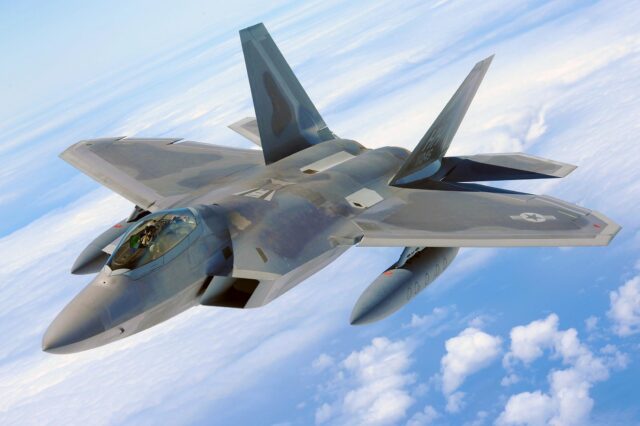Russia accused of jamming EU Commissioner’s airplane over Bulgaria

September 2, 2025

With tensions between European countries and Russia at a post-Cold War high, Russia has been accused of deliberately jamming the navigation of the airplane carrying Ursula von der Leyen over Bulgaria.
Europe accuses Russia of jamming EU Commissioner’s airplane
According to a spokesperson, the aircraft experienced GPS jamming as von der Leyen was about to arrive in Plovdiv, southern Bulgaria, on Sunday. Despite the interference, she landed safely. European authorities were quick to point the finger at Russia, accusing it of “blatant interference.”

The European Commission said the incident would only increase its resolve to “ramp up our defence capabilities and support for Ukraine.”
The BBC quoted Defence Commissioner Andrius Kubilius as saying the EU will deploy additional satellites into low Earth orbit to bolster its ability to resist GPS interference.
This is not the first time Russia has been accused of jamming high-ranking European officials’ aircraft. In March 2024, a Royal Air Force aircraft carrying the then-UK Defence Secretary Grant Schapps reported a spoofing incident.
EU chief Ursula von der Leyen was en route to Bulgaria when her plane faced deliberate GPS jamming, which authorities say may be carried out by Russia.
— DW News (@dwnews) September 1, 2025
"We can confirm there was GPS jamming but the plane landed safe," said Arianna Podesta, a commission spokeswoman. pic.twitter.com/rYb4bhdjCk
Spoofing is common around conflict zones and is often a by-product of military activity. Parts of Ukraine and Russia have very high levels of jamming to counter each other’s drones and air forces. Intentionally or not, this can interfere with commercial aircraft operations.
The EU commissioner’s aeroplane transponder worked normally
FlightRadar24 refuted some reports that the aircraft was in a holding pattern for one hour. The flight was scheduled to take one hour and 48 minutes, and it took one hour and 57 minutes. Meanwhile, the aircraft’s transponder reported good GPS signal quality from take-off to landing.
We are seeing media reports of GPS interference affecting the plane carrying Ursula von der Leyen to Plovdiv, Bulgaria. Some reports claim that the aircraft was in a holding pattern for 1 hour.
— Flightradar24 (@flightradar24) September 1, 2025
This is what we can deduce from our data.
* The flight was scheduled to take 1 hour… pic.twitter.com/qiSNfCTJtZ
The Financial Times cited unnamed officials and stated pilots had to land the aircraft using paper maps. The Bulgarian government confirmed the interference and stated its air traffic control offered “an alternative landing method using terrestrial navigation tools.”
Russia’s increased GPS jamming in Europe
Since the start of the 2022 invasion of Ukraine, Russia has stepped up its navigation jamming. Jamming is mostly in the Baltic Sea area, affecting the Baltic states, parts of Nordic Europe, and parts of Poland.
The BBC reports there have been “tens of thousands” of reported incidents of jamming by airlines in that region in the last few years. Jamming has forced some Finnair flights bound for Estonia to turn around mid-way after pilots stated they could not navigate safely.

Aircraft rely on more forms of navigation than just GPS, but jamming still complicates the pilot’s job. The increase in jammings has caused it to become normalised in parts of Europe. Airbus and other companies are currently working on solutions.
At the same time, Russia has launched patrols in the region, forcing countries to scramble their aircraft. Swedish authorities have accused Russian Su-24s of violating their airspace.
GPS (like other GNSS analogues) relies on a small number of satellites, and the signal can be jammed. A number of companies are working on developing solutions that will make it much more jam-resistant. SpaceX’s Starlink has proven itself to be remarkably jam-resistant.
In 2024, Space News reported that the US Space Force selected four companies (Astranis, Axient, L3Harris Technologies, and Sierra Space) to develop smaller, more cost-effective GPS satellites to submit proposals for the Resilient GPS program.
















